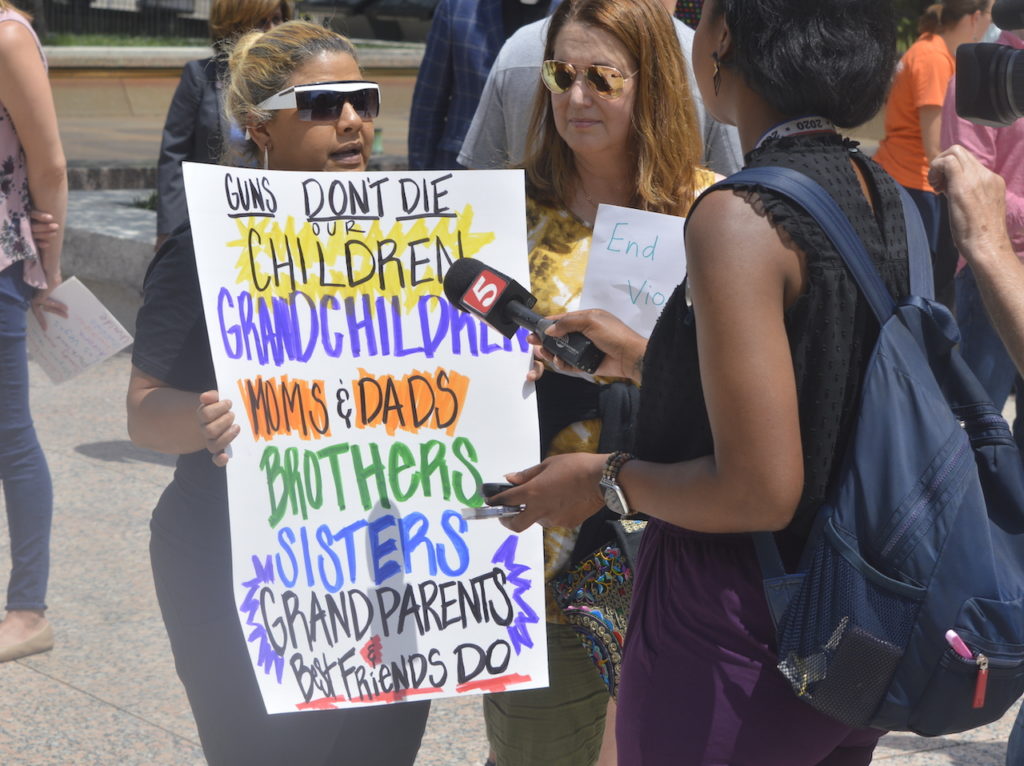
A Vanderbilt psychiatry professor is warning against polarized responses to the recent spate of high-profile gun violence across the country and in Tennessee. On Tuesday, the university held a panel discussion on navigating the gun debate, featuring professors on the left, right and center.
Survey data over decades shows guns have become the most politically divisive issue in American culture — even more than abortion. And the partisanship leaves little room for nuance, says Dr. Jonathan Metzl, whose research includes a focus on guns and mental illness. He says even universal background checks deserve some scrutiny.
“It’s basically, who has got a history of incarceration or arrest? Who do you think is going to get dinged by that?” he asked during the virtual panel. “I don’t think we have a perfect solution to these issues. And I think race and racism are certainly an important point that the gun control side, for shorthand, needs to think more seriously about.”
Metzl took a more moderate position and attempted to bridge the divide between anthropologist Sophie Bjork-James and law professor James Blumstein.
Bjork-James, who studies white nationalism, blames far-right ideology and calls for more policing of extremism.
“We have both extremely lax gun control rules, meaning almost anyone who is not a felon can go get a gun if they want to,” she said. “Alongside a robust domestic extremist movement, it’s a recipe for danger, and it does put us all at risk.”
Surrounded by piles of legal briefings, Blumstein pushed back. He argued mental health should be the starting point of any response, echoing conservative politicians.
Blumstein says he’s open to gun restrictions, but not as a starting point.
“I want to see a balanced approach,” he said. “There’s no way we’re going to have gun control against the right wing and no gun control against antifa. That’s just not going to happen; I’m sorry.”
The panel was part of Vanderbilt’s Unity Project.

